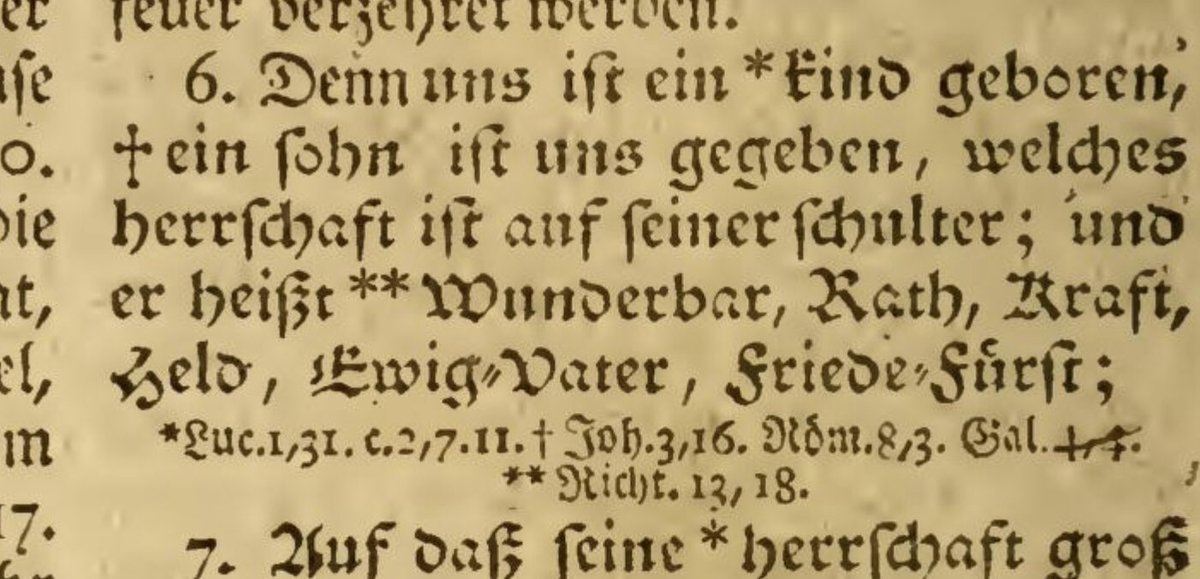It’s the disturbing account of the rape & dissection of the Levite’s concubine (Judges 19-21)
With lessons about male violence against women #vawg
The 1st & last verses remind us that there was no king (Judges 19:1; 21:25), which has already become a motif (17:6; 18:1)
It’s at the climactic point of the Bible’s goriest book.
It’s arguably no coincidence that the Bible, which rigorously depicts human wrong, records both small government (judges) & big government (kings) as unravelling in tragedies of male sexual violence followed by civil war.
God is going to have to come into the world to sort things out personally...
A concubine is a second tier wife, but this guy doesn’t have a first tier wife. So he’s using her from the start.
Note: she’s from Bethlehem.
Like David.
Like Jesus.
and the main bad guys come from Gibeah, the town of king Saul.
Both final stories in Judges (ch 17-18 & 19-21) contain a Levite, Ephraim & Bethlehem.
She’s there for 4 months during which the guy seems to do nothing about her.
4 months recurs later in 20:47.
What’s so striking is how warmly his father-in-law receives him (19:3). They lodge & drink together & her father repeatedly delays his departure.
The men have a camaraderie which the Levite doesn’t share with his concubine.
The Levite wants to press on to an Israelite city like Gibeah or Ramah.
They get to Gibeah (tribe of Benjamin) after dark.
Then an old man from out of town, from the tribe of Ephraim welcomes them in.
We like him. He seems an ideal host, offering everything.
They’re having a great time together (19:22).
Just then the men of the city start banging on the door.
In both, the locals don’t offer hospitality; there’s mention of the city square (Genesis 19:2; Judges 19:15); someone from out of town hosts.
But now the echoes become unmistakable as the men of this city demand that the Levite be brought out that they might know him.
Lot offers his virgin daughters to protect his male guests.
Here the old man (whom we were just beginning to like) offers his virgin daughter & the concubine.
Extraordinarily we hear him say ‘but to this man do not do this foolish thing’.
The Levite grabs hold of his concubine and thrusts her out.
What horrors she must have undergone!
She collapses while her ‘master’ (doesn’t that title say a lot about the asymmetry of the relationship?) is safe inside.
‘When her master arose in the morning [presumably after a good night’s sleep], and opened the doors of the house [which she’d been shut out from] and went out to go his way [business as usual]...’
The position of her hands—so close & yet so far—shows exactly where the narrator’s sympathies lie, in the personsl tragedy of this poor woman.
People are shocked and respond to a call to arms.
We also notice that death through misnamed #roughsex is not new.
We don’t know when she died because the heartless Levite never checked.
I hope it was before he cut her up.
The Levite tells her to ‘arise’ qumi (קומי) like but also unlike Jesus in Mark 5:41.
Even here the ‘good’ side is not good because it’s following the Levite’s false report of what happened (20:5).
The whole narrative is deeply reminiscent of Israel’s attack on Ai.
In other words, an Israelite city has become as bad as a Canaanite one.
NB the Benjaminite men were the problem, but more women were wiped out!
Problem: the Israelites had made a stupid vow not to allow their daughters to marry men from Benjamin.
This creates a strong bond between the small tribe of Benjamin & Jabesh Gilead so that Saul is quick to come to their aid in 1 Sam 11 (after Saul cuts up oxen, 1 Sam 11:7).
That’s how the book ends. Solution to problem of male violence = abducting more women.
They’ve learned nothing.
‘In those days there was no king in Israel; everyone did what was right in his own eyes.’ (21:25)
No character is named. These characters evoke us.
The Bible is not tone deaf to the problem of male violence against women. It’s actually a theme to which it repeatedly returns.
Later the Bible tells of someone from Bethlehem who willingly gave up his life as a substitute to protect others from death.
Human evil runs deep. That’s why we need someone willing to die for us.
END





